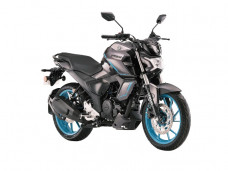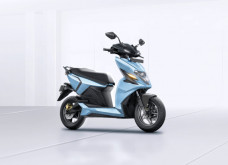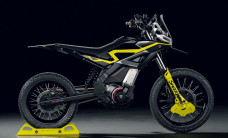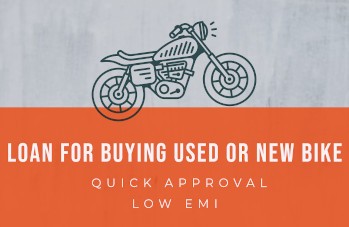In general, if you put a question as to what engine knocking is, we could get a definition that more aptly describes engine snatching rather than knocking.
The description would be something as follows- when you accelerate the bike at low speed without changing the gear then the engine behaves jerky, which results in 'engine knocking' but this is snatching and not knocking that many of us are unaware of.
Engine knocking refers to the metallic sound while applying pressure on the gas pedal. The sound could be hollow knocking kind or even rattling type, but either ways you would want to keep the engine smooth and less noisy.
What are the negatives of engine knocking
Engine knocking could pose many pollution issues such as it releases nitrogen oxide and unburned hydrocarbons, which are poisonous gases that can cause asthma and emphysema. So you need to get aware of certain facts about engine knocking to keep the environment and the vehicle safe.
Causes of engine knocking
- One of the main reasons for engine knocking could be improper combustion of air-fuel mixture, which is a result of early combustion due to the carbon build-up in the combustion chamber, insufficient air/fuel mixture and if the ignition occurs too quickly.
- The engine knocking could also due to overheating of the engine, which again is a combustion issue.
- Wear and tear of the pistons or valves could also lead to engine knocking.
- Lack of lubrication also leads to engine knocking most times.
- Lack of exhaust gas circulation leads to engine knocking, this is cooling system issue.
- And overheating of the exhaust valve due to weakened valve spring or poor seating also results in engine knocking.
- Damage in crankshaft bearings, a broken flywheel that connects the engine to the transmission, an overused water pump bearing, a loose timing belt, a faulty air conditioning compressor or an alternator with overused bearing can all result in engine knocking rather they are internal mechanical faults that can cause the engine to create that knocking sound.
- Engine knocking also results due to regular use of poor quality fuel, usually the low-octane one which ignites at a lower temperature; low enough that it will be ignited by the internal temperature of the engine cylinder; a high compression engine. The carbon build up on cylinder head will also heat up and behave like spark plug, which ignites the fuel at random.
Engine knocking cannot be easily recognised and one needs to have some knowledge if not ample about the technicalities of the vehicle to resolve the problem. And when you identify the problem it is not really necessary for you dismantle the entire engine instead try to find the root cause of the knock and then try to rectify it without actually removing the engine. There are some simple maintenance tips though to see that your bike engine doesn't knock off too often. Checking and cleaning spark plug, warm up the engine for a while before running and lastly clean up the engine once a year. Also, when you give the bike for engine tuning, check with the mechanic and see that it is not over-tuned to a high compression ratio. Also check with the bike maker and use only the specified fuel and engine oil.
Written by Harikumar Varma.
Last updated on 25-11-2011. Published on 06-09-2010.
 Published by Bikes4Sale
in category Tips
Published by Bikes4Sale
in category Tips
Last updated on 25-11-2011. Published on 06-09-2010.
 Published by Bikes4Sale
in category Tips
Published by Bikes4Sale
in category Tips













How 2 resolve it.Mail me plz
Once the service dealer adjusted engine for fuel-efficiency.But dey are not aware of it.
Plz any idea mail me ksurendiran@gmail.com